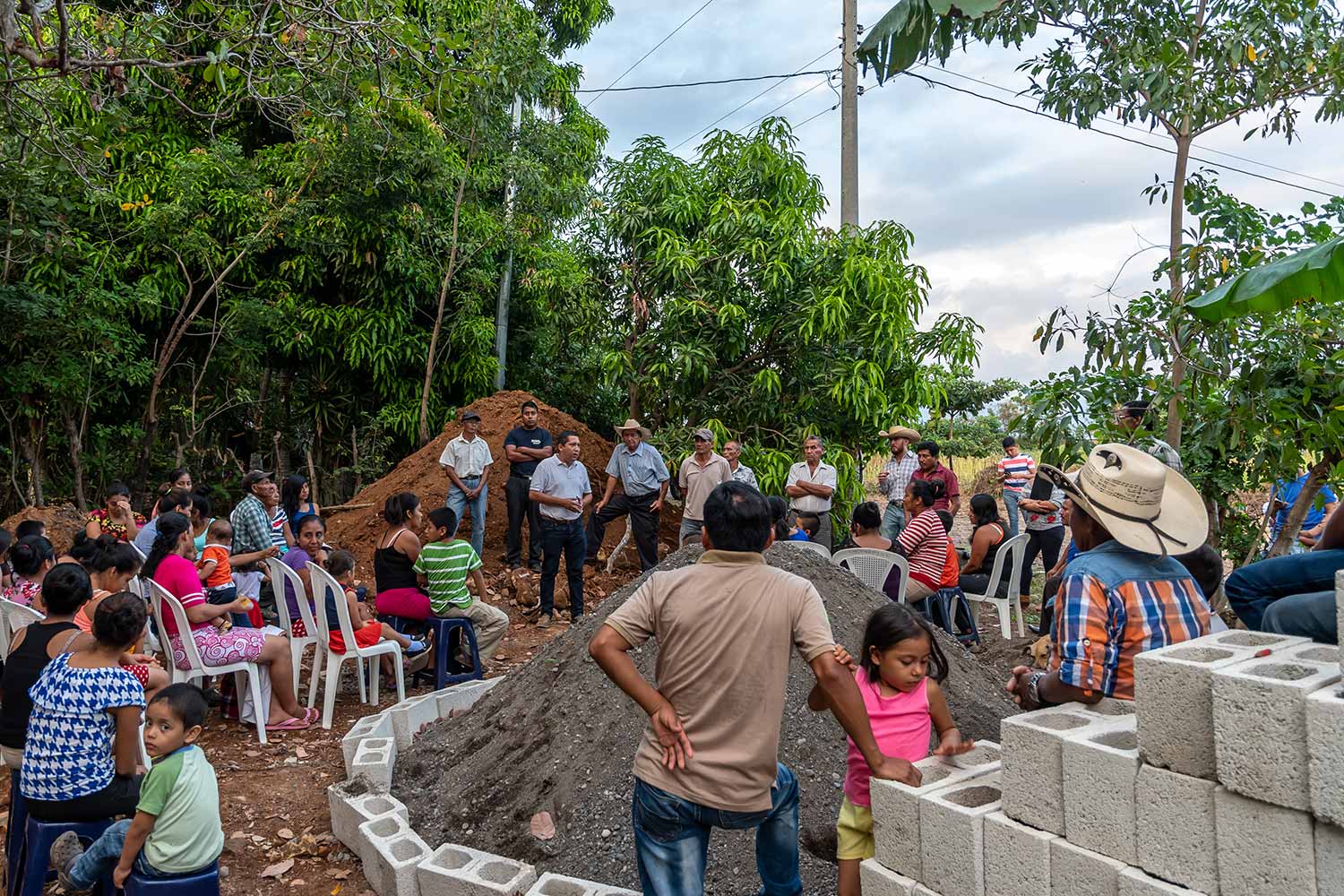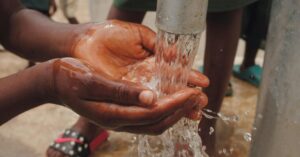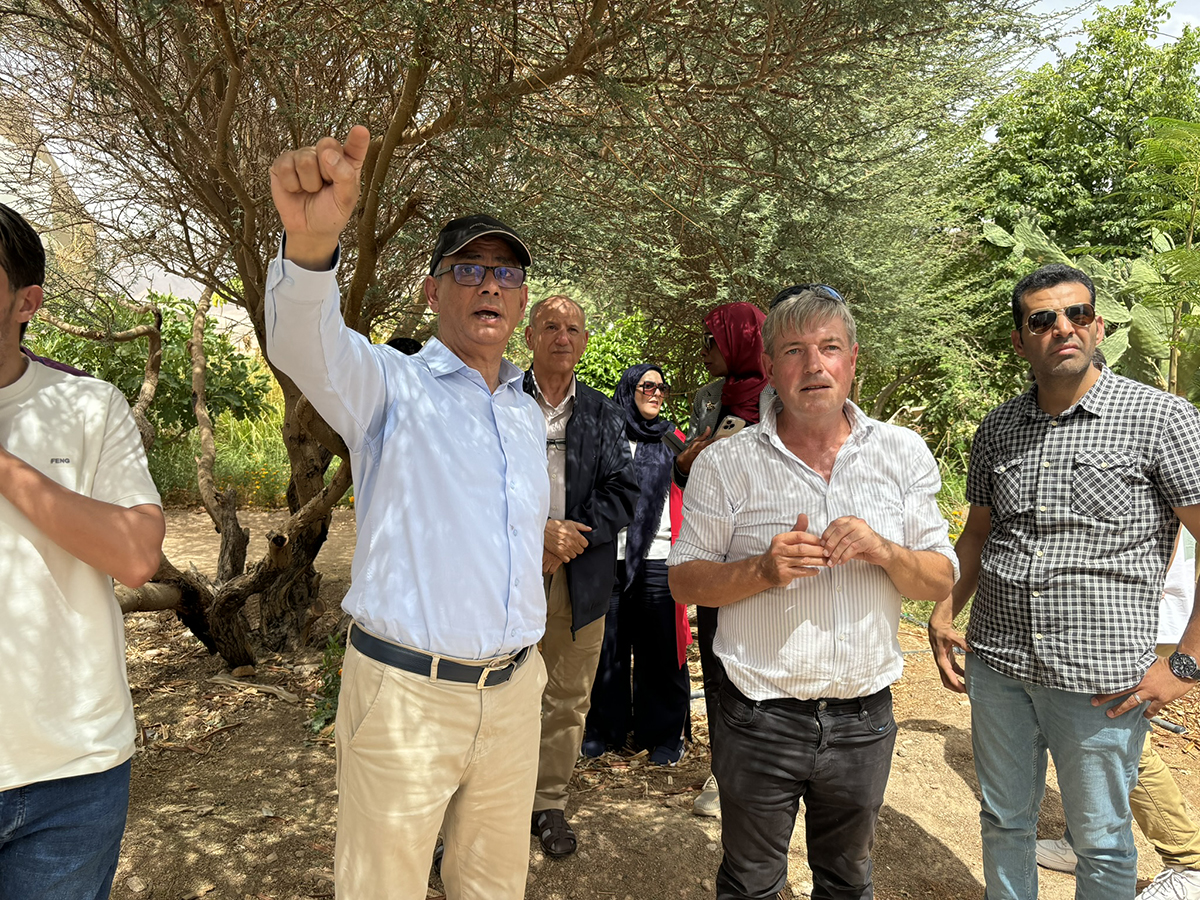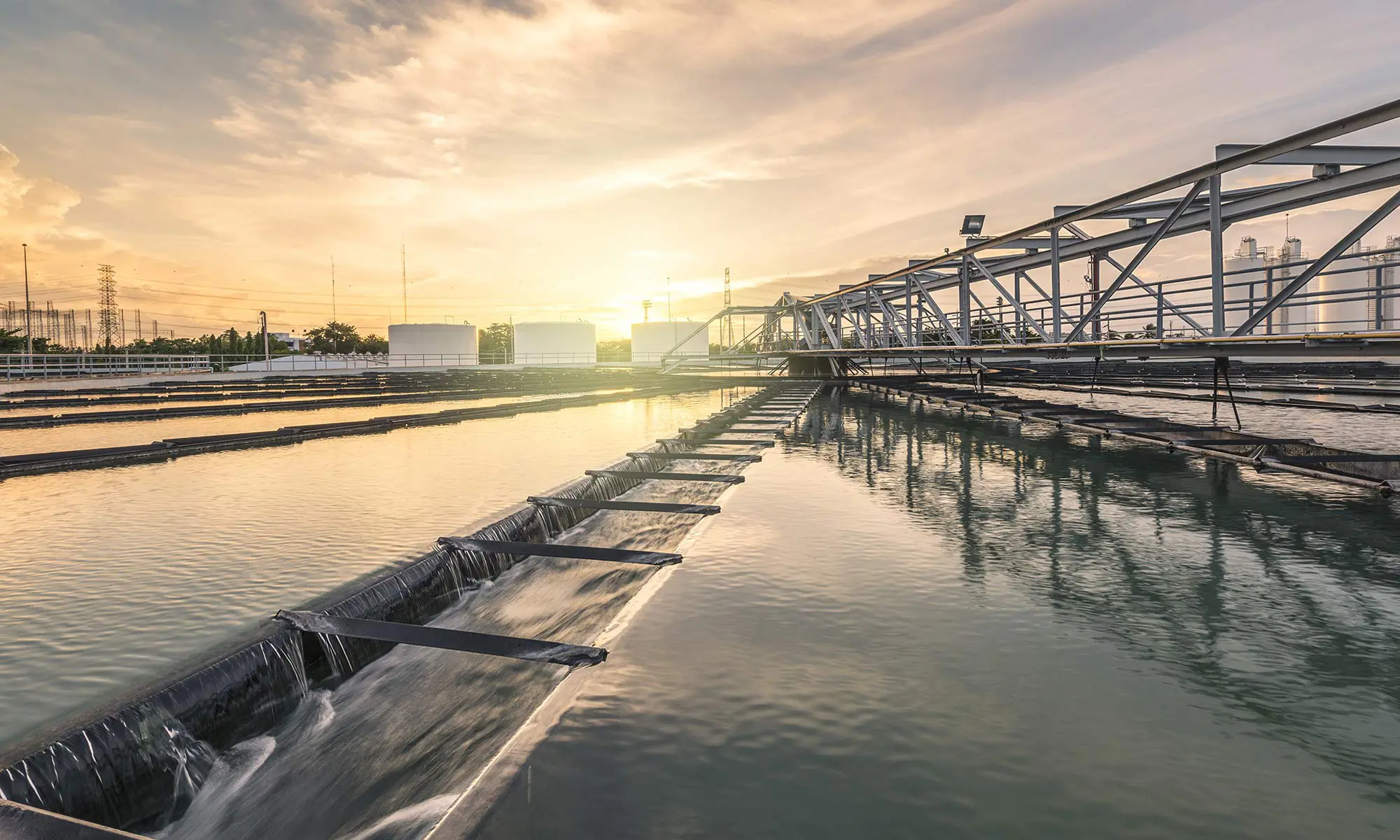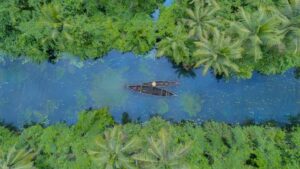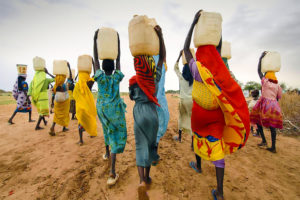To achieve efficient and equitable delivery of water and sanitation services, and thereby ensuring the human right to water, the sector must be characterized by honest, transparent, inclusive, and accountable decisions made by the right actors.
The Integrity programme aims to reduce the risk of corruption and other unethical practices in the water and sanitation sector in Latin American countries. This is done by supporting key actors in the development and implementation of tools, mechanisms, and practices, leading to the improvement of the integrity of the sector in Latin America.
SIWI, in consortium with cewas and the Water Integrity Network, provides technical assistance to initiate integrity change processes.
This is done through the implementation of the Integrity Management Toolbox in several countries in Latin America: El Salvador, Ecuador, Honduras, Guatemala, Paraguay and Argentina.
The development and implementation of the Integrity Management Toolbox has generated a vast amount of knowledge which has been translated to an online course. The course is available for personnel of policy makers, regulators and service providers of the water and sanitation sector.
Background
Integrity in the water and sanitation sector is fundamental for achieving efficiency, effectiveness, and quality of services. There is empirical evidence that applying the four pillars of integrity – transparency, accountability, participation, and anti-corruption – in the management of regulatory and supervisory agencies as well as service providers, contributes positively to the performance of the sector.
One study, carried out by the Inter-American Development Bank (IDB) in four water and sanitation service providers in Latin America, shows that providers who are more transparent are also more efficient in their use of resources.
In developing countries, it is estimated that corruption can increase the cost of obtaining a connection to the water and sewerage network by 30 per cent. Despite relative progress in the region, key players in the water and sanitation sector continue to show weaknesses regarding integrity issues. In Latin America and the Caribbean, according to the Corruption Barometer report, 29 per cent of citizens surveyed have paid a bribe to obtain a public service. And of these, 14 per cent did so to gain access to utilities, including water.
It is estimated that in the Latin American region, almost 40 per cent of regulators do not meet minimum governance criteria.
According to IDB studies, at least five specific types of weaknesses can be identified:
- Weaknesses in the transparency and corporate governance frameworks of regulators and service providers.
- Weaknesses in service information management systems, with information that is difficult to understand, outdated, and not available in user-friendly, standardized, and online formats.
- Weaknesses in the mechanisms for customer service and communication with the public, including systems for handling complaints and claims.
- Weaknesses in the accountability and corporate governance systems of regulators and service providers.
- Lack of coordination between the different entities in charge of governance, supervision, and oversight of the sector.
The Integrity Management Toolbox
The Consortium for Integrity in the Water Sector, composed of SIWI, cewas and the Water Integrity Network, have been collaborating with the IDB since 2016 to address the issues of integrity in the water and sanitation sector.
The focus has been to achieve transparency, information management and governance.
In previous phases, the Consortium has successfully applied and adapted the Integrity Management Toolbox in three countries: Guatemala, Honduras and Ecuador.
This has been possible thanks to technical and financial support of the IDB. The toolbox is currently being applied in a service provider, the regulator and policy maker in Paraguay.
The Integrity Management Toolbox focuses on improving the performance and service of water sector organizations by optimizing their functions in a systematic process of change for integrity.
This methodology provides a space for participation and self-assessment where the staff of an organization prioritizes areas for improvement by analyzing their current practices, identifies problems, defines solutions, and implements an action plan.
Online course on integrity
Building on its previous phase, the technical cooperation between the Consortium and the IDB seeks to capitalize on the acquired knowledge. The aim is to support key actors in the sector in their effort to implement integrity principles in the management of their respective organizations.
The knowledge package provided in the online course will contribute to building internal capacities in these organizations so that they can lead and drive change for integrity. It will provide additional tools to enable the different integrity focal points of the institutions to disseminate internally the concepts of the integrity pillars and to communicate the rationale, vision, and process of change for integrity.
The training will give personnel from water and sanitation service providers, regulators, and governing bodies in Latin America the knowledge, skills, and motivation to ensure the success of integrity change in their institutions.
